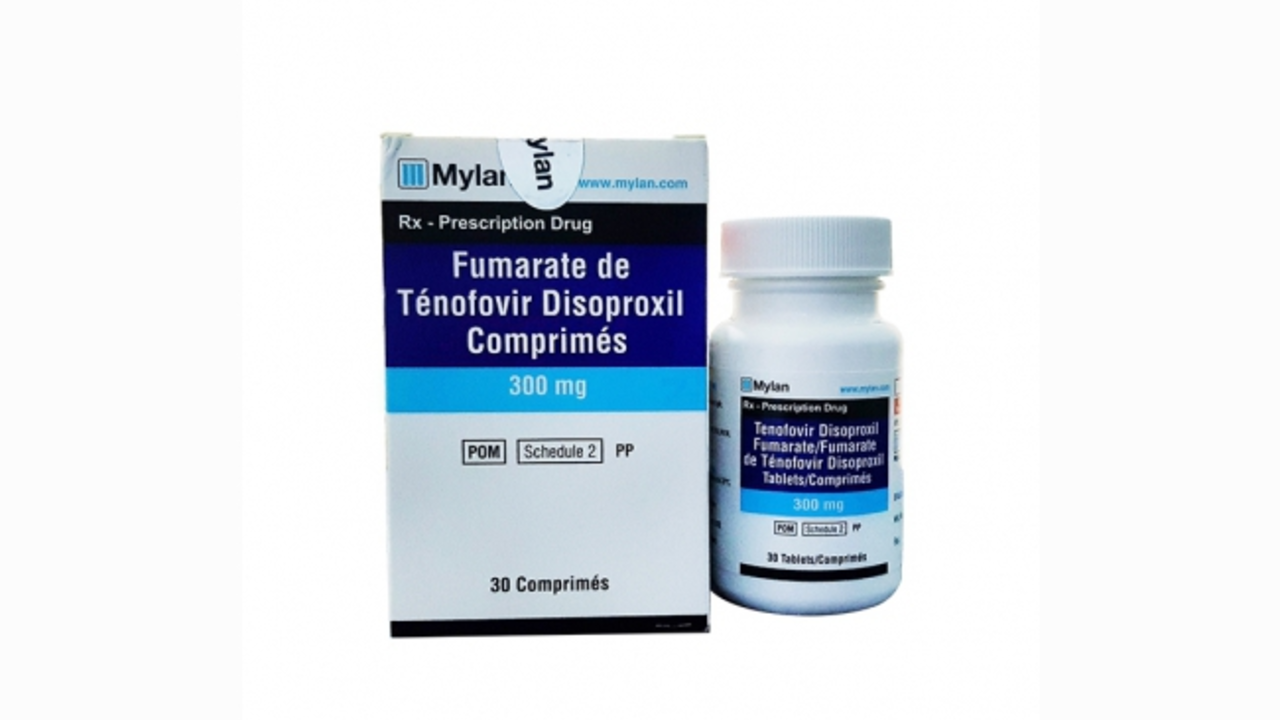HIV-positive pregnant women: clear steps to protect you and your baby
Being pregnant while living with HIV brings real worries. Good news: modern care makes transmission to the baby rare when you get the right treatment and follow-up. This page gives simple, practical steps you can take now and questions to ask at each visit.
Start antiretroviral therapy (ART) as soon as possible. Effective ART lowers your viral load — that’s the main factor in preventing mother-to-child transmission. If you’re already on ART, take every dose and go to all appointments. Missing meds or clinic visits raises your risk.
Monitor your viral load and get regular blood work. Most clinics check viral load early in pregnancy, again in the second and third trimesters, and right before delivery. The goal is an undetectable viral load by the time you give birth. If your viral load isn’t suppressed, your care team may change drugs or recommend delivery options that reduce risk.
Labor, delivery, and newborn care
Plan delivery with a team that knows HIV care. Mode of delivery is based on your viral load and overall pregnancy health. Bring a list of your medications and your latest lab results to the hospital. During labor, staff may give additional HIV medicines to lower risk further.
After birth, the baby will usually get antiretroviral prophylaxis and be tested for HIV at specific times. Early infant diagnostic tests (usually PCR) are done in the first weeks to months; later antibody tests check the child’s status after maternal antibodies fade. Your pediatrician will tell you the exact schedule used at your clinic.
Breastfeeding, feeding choices, and local guidance
Breastfeeding guidance depends on where you live and your access to safe formula. In some places, formula feeding is recommended to remove transmission risk. In other settings where formula isn’t safe or available, exclusive breastfeeding while on effective ART is often advised. Talk with your provider about local recommendations and what’s safest for you and your baby.
Protect your own health, too. Keep up routine prenatal care, screen for other infections, and get mental health or social support if you need it. HIV-positive pregnancy can be stressful; support makes a real difference.
Quick checklist: confirm ART and take it daily, keep viral load checks on schedule, carry your meds and lab results during labor, follow the newborn prophylaxis and testing plan, and ask about feeding options based on local guidance. Also get partners tested and offer them prevention options if they’re negative.
Questions to ask your provider: What is my current viral load and target before delivery? Do I need a change in medications? What will the newborn get after birth and when will testing happen? What feeding method do you recommend for my situation? Where can I get extra support or counseling?
You don’t have to figure this out alone. A knowledgeable clinic, clear medication plans, and good follow-up can keep both you and your baby healthy. If something doesn’t feel right, call your care team — early action helps the most.

